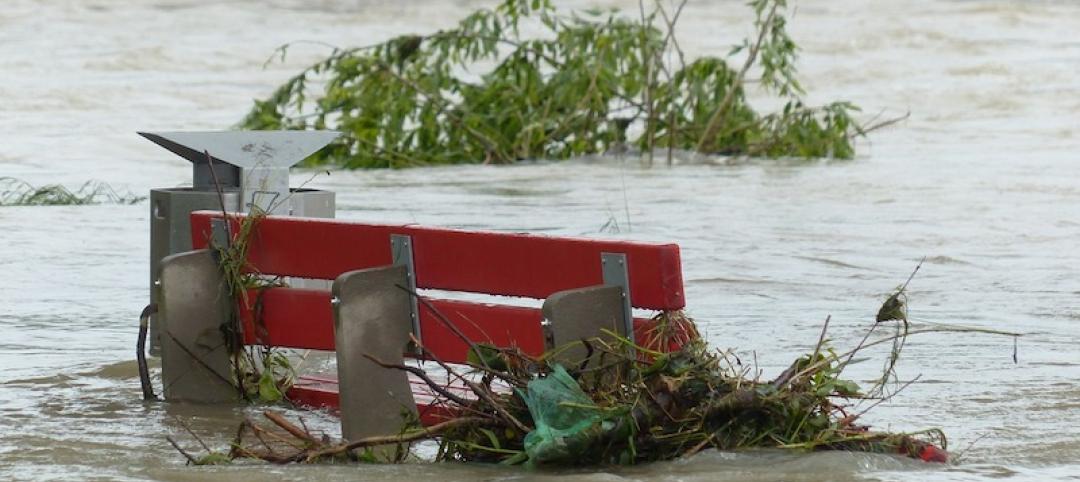Seattle has implemented a new regulation to reduce the number of rats occupying vacant buildings.
The port city ranks first in the U.S. in the number of rats living within its borders. The new rat eradication regulation goes into effect in 2017. It requires developers to prove they have consulted with a pest-control professional before any vacant building is demolished. If the inspection discovers a rat infestation, the rodents must be eradicated before the building can be torn down.
Existing regulations make controlling a rat problem the responsibility of the building owner. When a developer buys a vacant building, the rat problem can become significant while the owner prepares to redevelop the property.
Making matters worse, Seattle is in the midst of a construction boom. Many vacant properties are facing demolition, and rats tend to move from formerly vacant properties into neighboring homes or buildings.
Related Stories
Codes and Standards | Jan 28, 2021
Natl. Fire Protection Assn. releases new energy storage system fact sheet
Comes as Biden Administration prepares ambitious clean energy agenda.
Codes and Standards | Jan 27, 2021
AECOM sues insurance carrier for payment of COVID-19 property damage claims
Claims ‘all-risk policies’ should have included millions of dollars of losses due to virus.
Codes and Standards | Jan 26, 2021
Updated guide to repair and rehabilitate existing concrete structures published
Document assesses how to adhere to code requirements.
Codes and Standards | Jan 25, 2021
New guide for skylight selection, daylighting design released
Free Fenestration and Glazing Industry Alliance document now available.
Codes and Standards | Jan 21, 2021
California considers statewide ban on natural gas heat, hot water in new homes
Code update would take effect in 2023.
Codes and Standards | Jan 20, 2021
Steel industry, labor urge Biden to retain steel tariffs
‘Essential to ensuring the viability of the domestic steel industry.’
Codes and Standards | Jan 19, 2021
2021 Solar Investment Tax Credit will remain at 26%
Incentive was scheduled to be reduced to 22%.
Codes and Standards | Jan 19, 2021
Thomas Jefferson University launches the Institute for Smart and Healthy Cities
Will address climate change, social equity, rapid urbanization, and health.
Codes and Standards | Jan 14, 2021
Petition urges FEMA to update flood maps, set tougher standards for floodplain construction
Environmental and planning groups note soaring claims, flood insurance debt.
Codes and Standards | Jan 13, 2021
Proposed change to IECC process irks efficiency advocates
New procedure would diminish influence of local code officials.

















